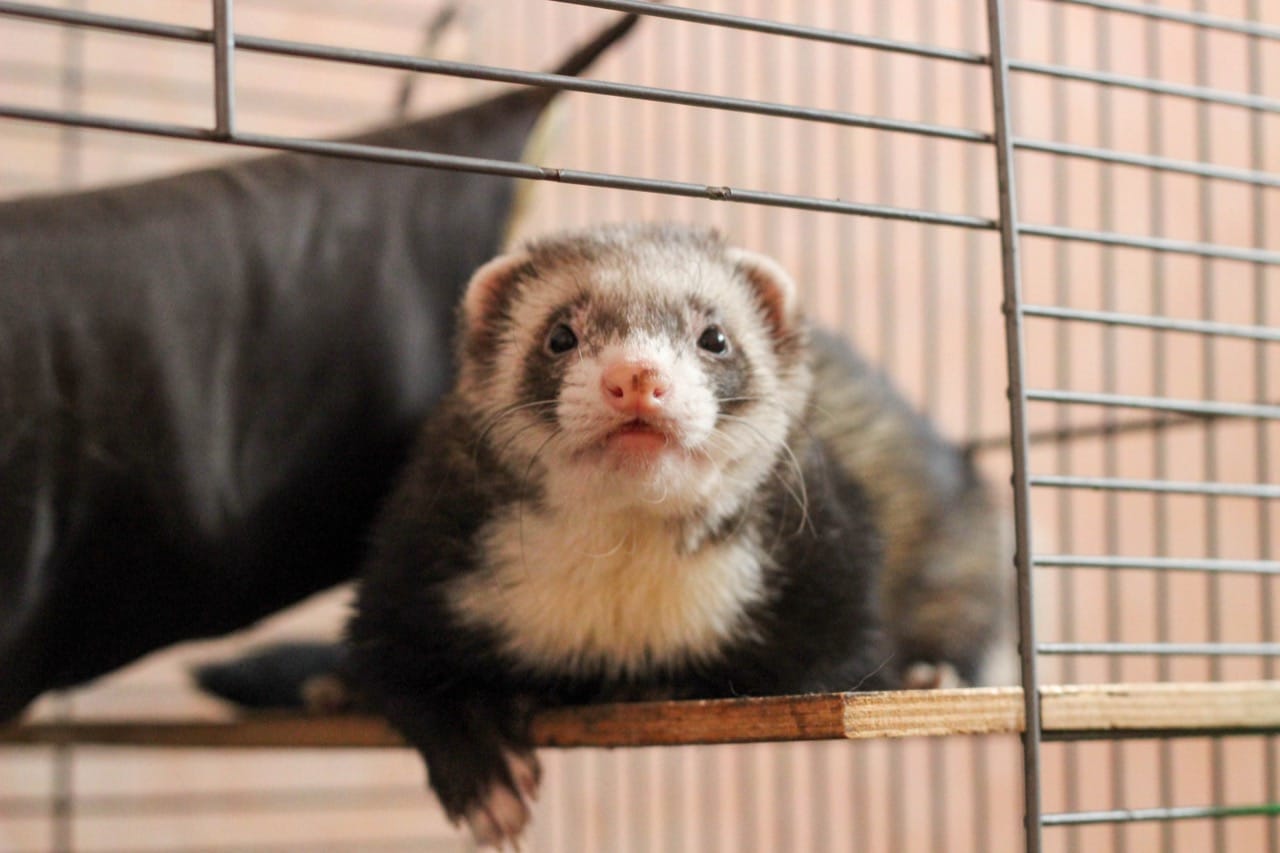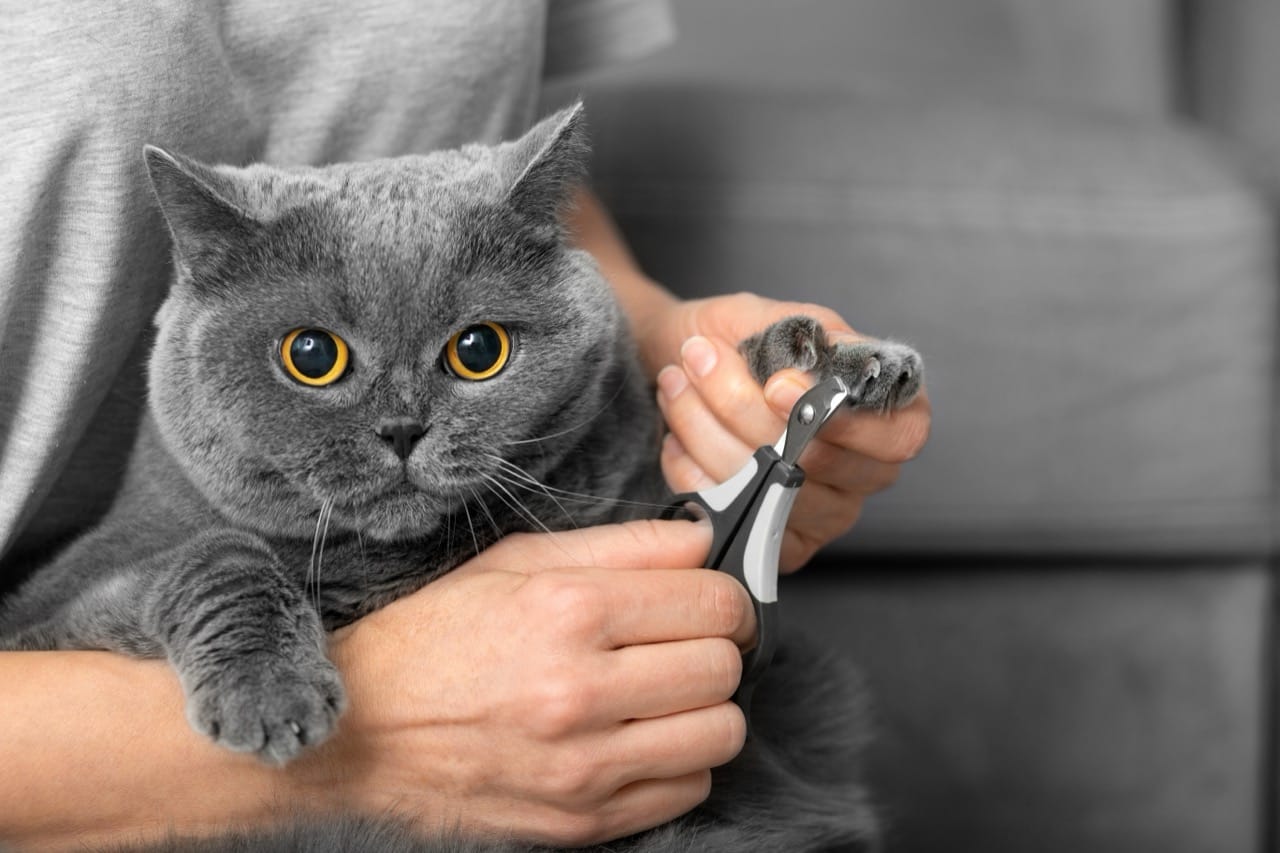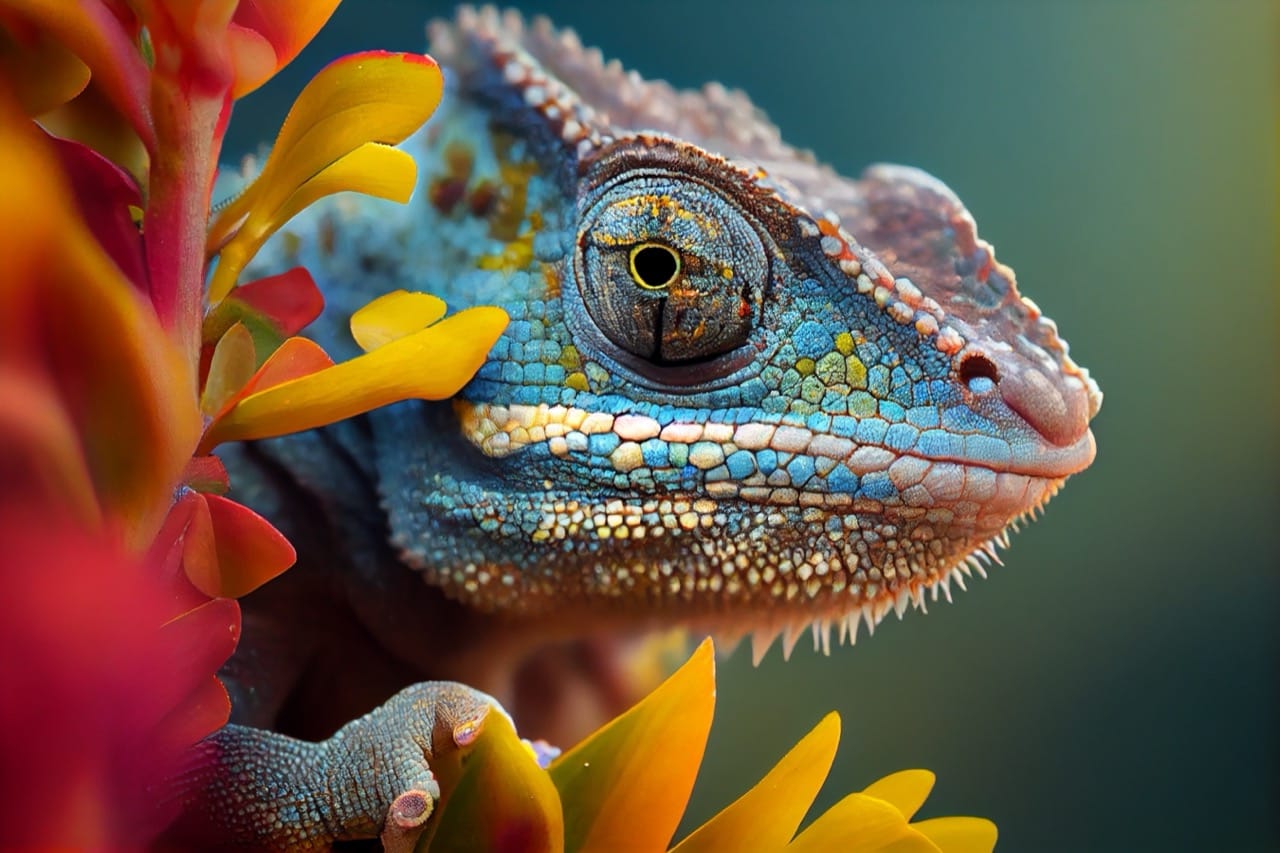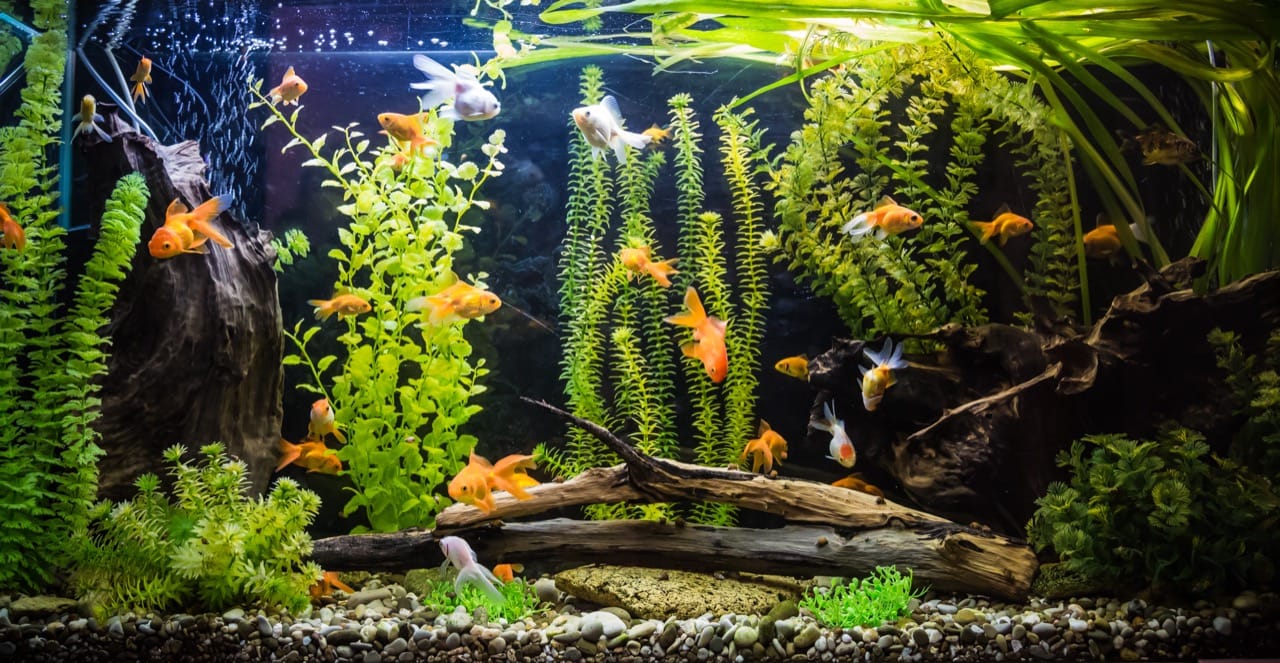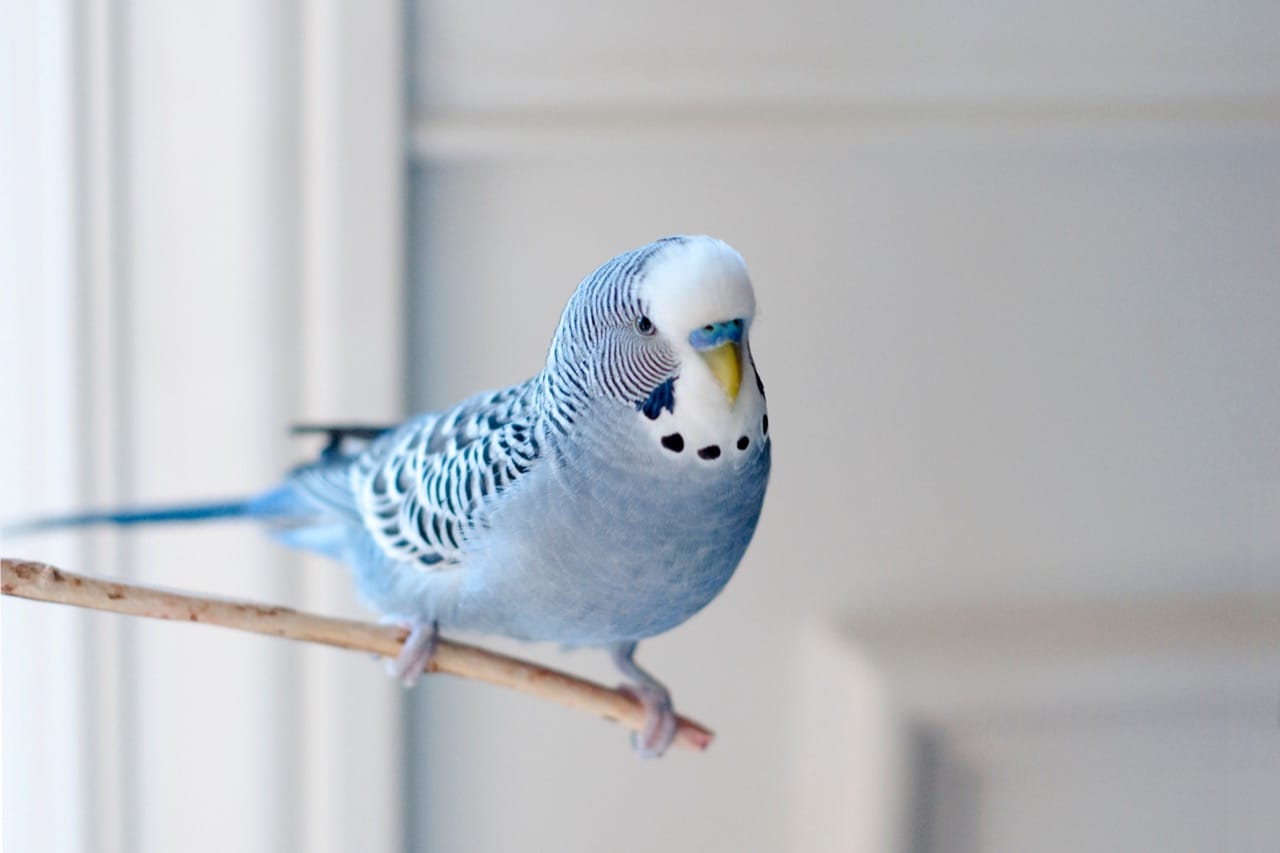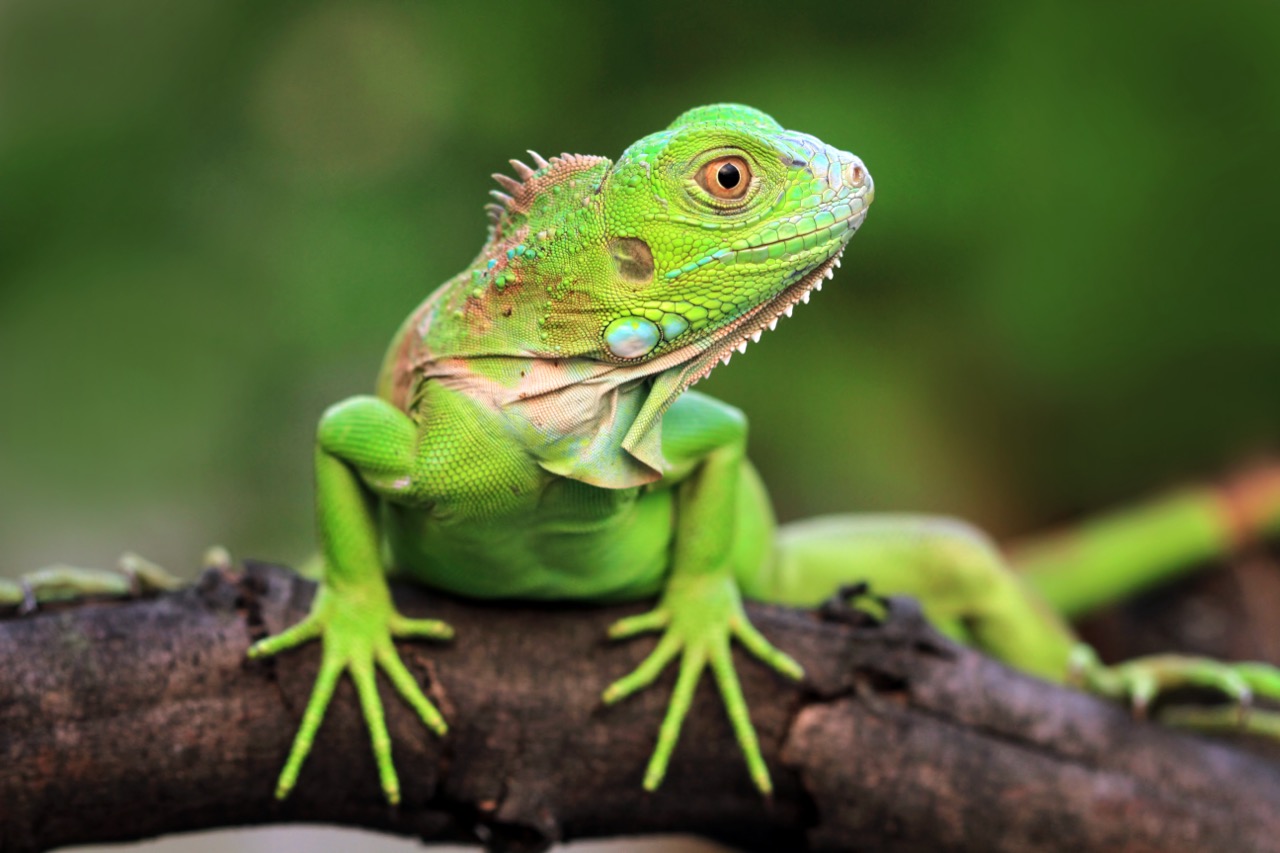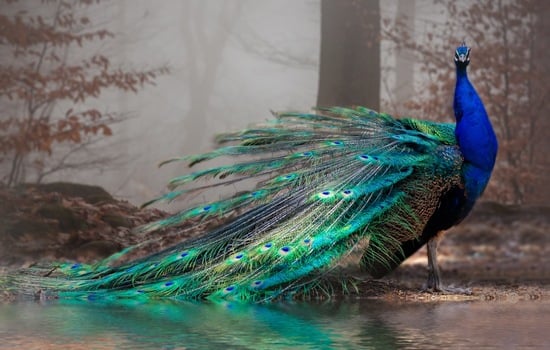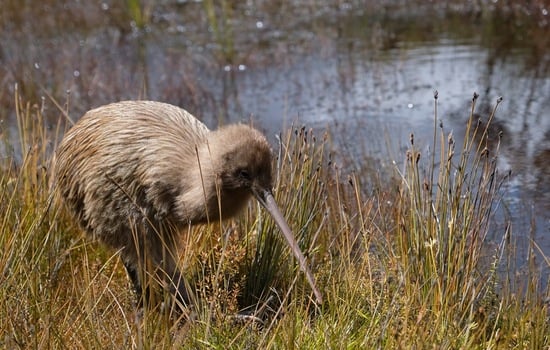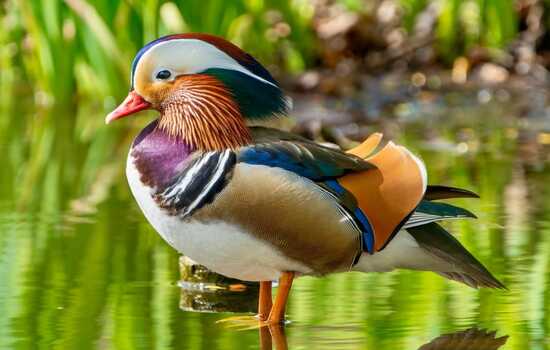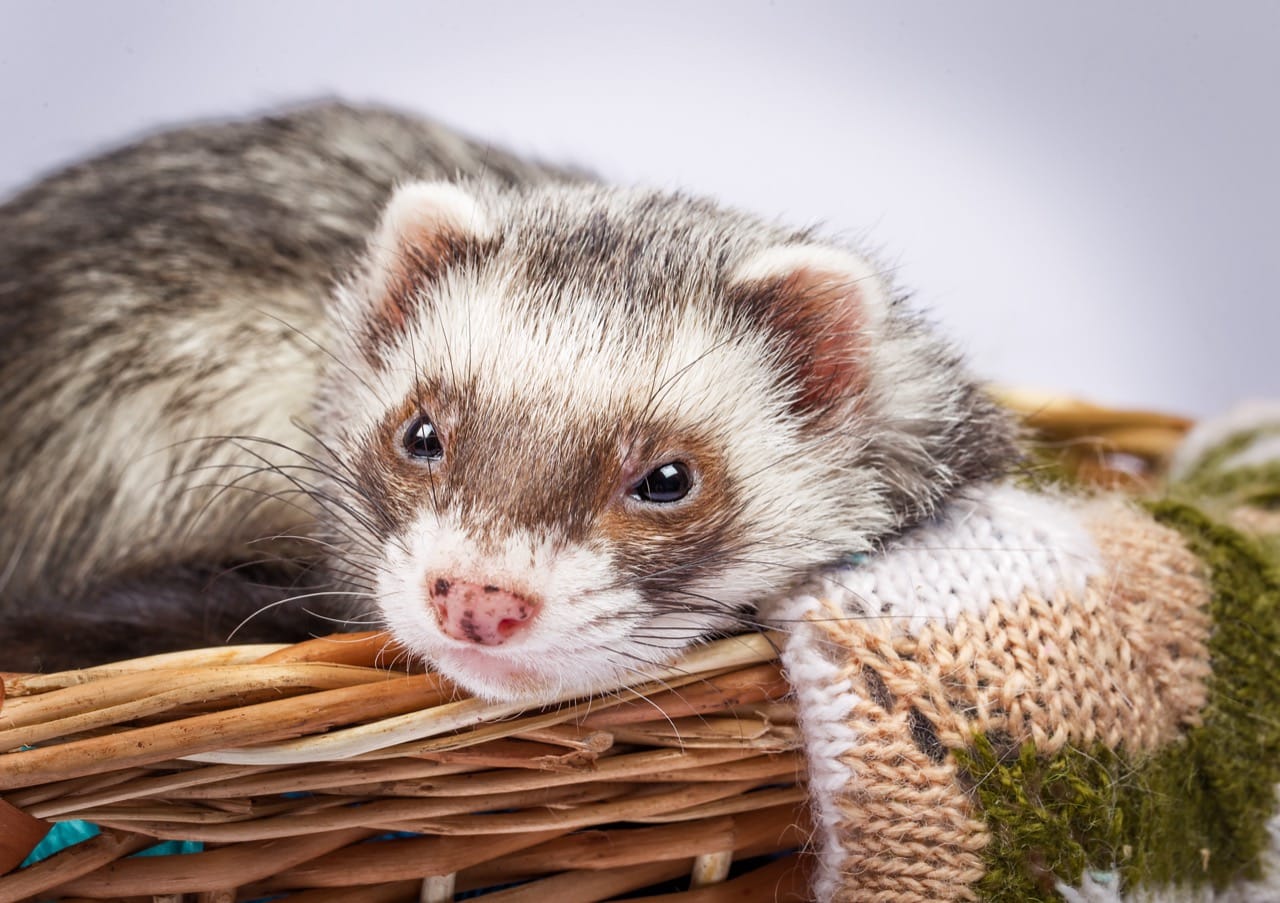
The Ultimate Ferret Care Manual: From Playful Partners to Curious Co-habitants
Fascination, joy, and a wee bit of mischief—all bundled into a sinuous, furry body. Yes, we're talking about ferrets, the elongated, playful pets that have charmed their way into many homes and hearts. Known for their boundless energy and curious nature, ferrets are domesticated creatures that belong to the weasel family. Before diving into the nitty-gritty of ferret care, here’s an intriguing piece of trivia: Did you know that ferrets have been used to run cables through large or complicated spaces, such as concert venues or even the Large Hadron Collider? Their slender bodies and love for narrow spaces make them perfect for the job!
Ferrets are not your average pet. They require specific care, attention, and lots of love. With a lifespan of 5-8 years, these playful companions need an environment that caters to both their physical and mental well-being. Let’s embark on a comprehensive guide to ensure your ferret lives a happy, healthy, and enriched life.

Housing: A Ferret’s Fortress
Creating a safe, comfortable, and stimulating environment is paramount for your ferret’s health and happiness. Ferrets are incredibly social animals, so if you’re considering getting one, you might think about adopting two to keep each other company. However, ensure their home is spacious enough for multiple ferrets.
The Ideal Cage
A multi-level, wire cage is best, providing ample space for play, sleep, and eating. The cage should be at least 24 x 24 x 18 inches, but bigger is always better. Each level should be accessible via ramps and equipped with soft bedding to rest on. Avoid using wood shavings or cedar chips as bedding; instead, opt for cloth bedding like old T-shirts or purchase ferret-specific bedding, which is safer and more comfortable for them.
Location Matters
Position the cage in a cool, shaded, and quiet area of your home to avoid overheating and stress. Ferrets are sensitive to temperatures above 80°F, so maintaining a cooler environment is essential. Ensure the cage is placed away from direct sunlight and keep your home well-ventilated to provide a comfortable habitat.
Nutrition: Feeding Your Furry Friend
Ferrets are obligate carnivores, requiring a diet high in animal protein and fat. Proper nutrition is crucial for their health, affecting everything from their fur's condition to their overall energy levels.
What to Feed
Select a high-quality ferret or kitten food, ensuring it contains at least 35-40% protein and 18-30% fat, primarily from animal sources. Although some owners opt for a raw diet, it requires thorough research and commitment to ensure it meets all dietary needs. Whether you choose prepared food or raw, ensure it's specifically formulated for ferrets.
Feeding Routine
Develop a consistent feeding routine, offering fresh food daily. Ferrets have high metabolisms and small digestive systems, so they eat frequently, roughly 8-10 small meals a day. Provide constant access to fresh, clean water in a spill-proof bowl or a water bottle designed for small animals.
Play Time: Keeping Your Ferret Entertained
Ferrets have an insatiable curiosity and endless vigor, making playtime essential for their well-being. It satisfies their natural instincts to explore, dig, and tunnel, keeping them physically and mentally stimulated.
Toys and Games
Offer a variety of toys to keep your ferret engaged, including tubes for tunneling, soft balls, and anything they can chase or carry. Avoid small, easily chewed-off parts that could become choking hazards. Interactive play is also crucial; engage in gentle wrestling, chasing games, or hide and seek to foster bonding and provide exercise.
Exercise Outside the Cage
Daily exercise outside the cage is vital. Create a safe, ferret-proofed area where they can explore freely under your supervision. Remove any dangerous items, block off small spaces where they could get stuck, and protect any furniture or items you don't want to become their toys.
Health and Safety: Ensuring A Long, Joyful Life
Regular check-ups with a vet experienced in ferret care are essential. Vaccinations, flea prevention, and annual health checks should be part of your routine. Watching for signs of illness, such as lethargy, hair loss, or changes in eating habits, and addressing them promptly ensures your ferret remains in top health.
Safety Measures
Ferret-proof your home to prevent accidents. Secure cabinets, block off unsafe areas, and ensure there are no small items they can ingest. Ferrets are naturally inquisitive and can squeeze through tiny spaces, so thoroughness is key to their safety.
Final Nuggets of Wisdom
Ferret care demands time, dedication, and love. Understanding their unique needs and behaviors will make the journey of cohabitation a fascinating and rewarding experience. Keep educating yourself and seek advice from fellow ferret enthusiasts and professionals to enrich the life of your furry companion.
Ferrets are not just pets; they are personality-packed companions who can bring endless joy and laughter into your home. With the right environment, diet, and care, your ferret will thrive, contributing to a fulfilling, dynamic relationship. So, embrace the wonderful world of ferrets, and enjoy the delightful journey ahead.
